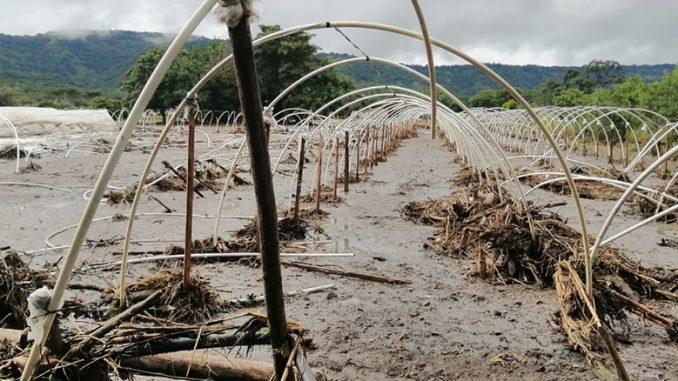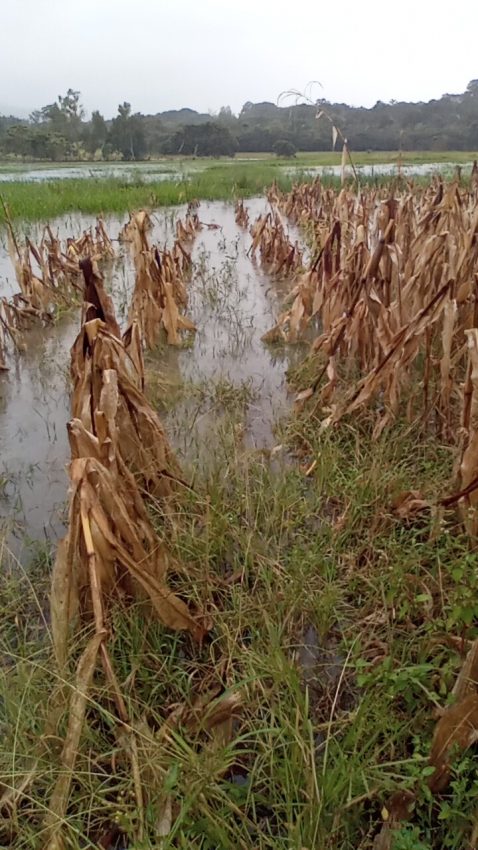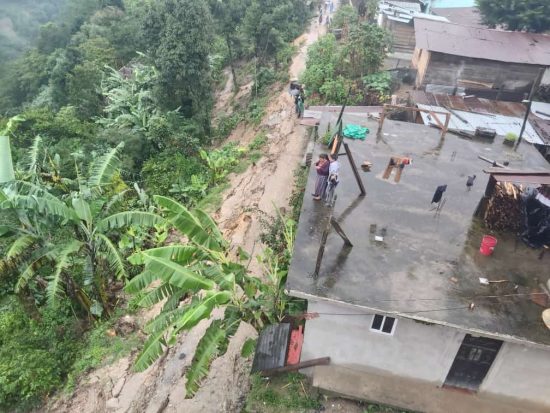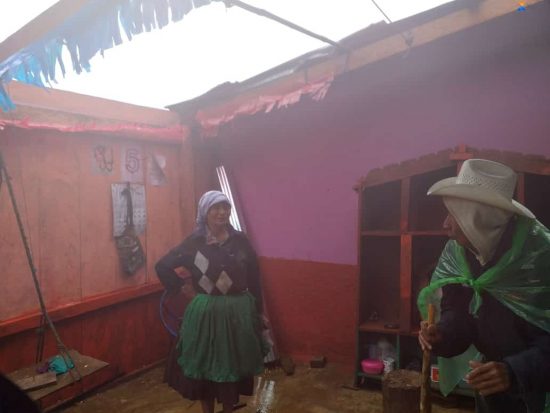
Check out the GoFundMe for producer organizations in affected countries, and learn how you can help.
BY MARK VAN STREEFKERK
SPECIAL TO BARISTA MAGAZINE ONLINE
Photos courtesy of Sustainable Harvest
In November, two Category 4 hurricanes touched down in Nicaragua before moving from Southern Mexico to Panama, dumping up to 30 inches of rain in some areas. Hurricane Eta and Hurricane Iota, arriving on November 3 and November 17, respectively, destroyed roads and infrastructure, and caused massive flooding and mudslides, displacement, food shortages, and at least a combined 149 deaths. The damage is still being tallied, but hurricane experts say these “Monster Storms” might be the beginning of an alarming trend.

Portland, Ore.-based green coffee importer Sustainable Harvest started a Hurricane Relief Fund to help about 20 producer organizations rebuild in Nicaragua, Honduras, Mexico, and Guatemala. The importer is raising funds through GoFundMe, with Sustainable Harvest matching donations up to $20,000. The fundraising campaign is another way the importing company has stepped up to help producer countries this year, starting first with a Producer Relief Fund to address the COVID-19 crisis in May. With the help of other industry leaders and allies like Clif Bar, the Laughing Man Foundation, and Inter-American Development Bank, Sustainable Harvest raised over $500,000, actively helping 16,000 families across 53 producer organizations in Latin America and Africa.

The effects of Hurricanes Eta and Iota have caused their own devastation in the midst of a pandemic. Some of the hardest-hit cooperatives are Pacayal in Honduras and Soppexcca in Nicaragua. President of Sustainable Harvest Liam Brody says, “There have been extensive losses of coffee crop, but the most alarming concern has been the devastating losses of key food crops which producers depend upon to feed their families. … Addressing the immediate food security issue is our top priority at the moment.”
Relief efforts follow the model already established in May’s Producer Relief Fund: working directly with producer organizations to identify needs, with no overhead fees—meaning 100% of funds raised go to producers or producer co-ops, rapid deployment of funds, and reports back from producers.
Funds will go toward making relief kits that include food, clothing, first aid, and PPE. “The exact makeup of each relief kit depends on the co-op and what needs their producer members are communicating,” says Liam. “What’s important is that the co-op leaders are the ones who are tailoring each kit so that funds are used only for items that are relevant and necessary. A producer in Honduras might not need the same kit makeup as one in Guatemala, so we leave it to the producers to decide what goes in the kits.”

How you can help
1. Donate directly to the GoFundMe here, and share the link on your social media platforms.
2. Add a relief premium to coffees bought from affected countries. Coffee buyers through Sustainable Harvest can add a premium per pound to their purchases, with the premiums going directly to producers. “This is similar to how organizations like Grounds for Health or World Coffee Research approach their fundraising campaigns. We suggest a range between $.05 – $0.15 per pound, but the roaster can decide exactly how much they would like to add,” Liam says.
3. Coffee buyers can sign on for early renewals and commit to contracts with producers. During times of crisis and uncertainty, Liam says committing to contracts and renewing early is an excellent way to show support. “The sooner the better,” he says. “Doing so allows producers who have been affected to be able to plan ahead knowing that they have some contracts on the books.”

ABOUT THE AUTHOR
Mark Van Streefkerk is Barista Magazine’s social media content developer and a frequent contributor. He is also a freelance writer, social media manager, and novelist based out of Seattle. If Mark isn’t writing, he’s probably biking to his favorite vegan restaurant. Find out more on his website.
